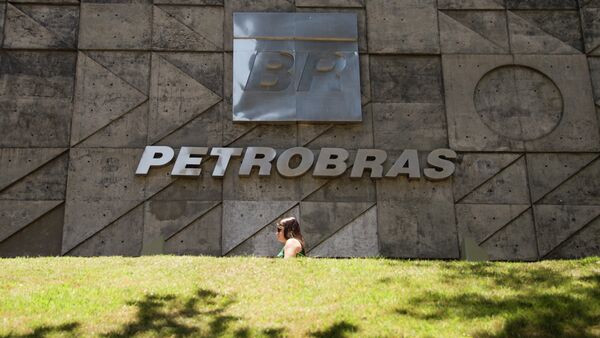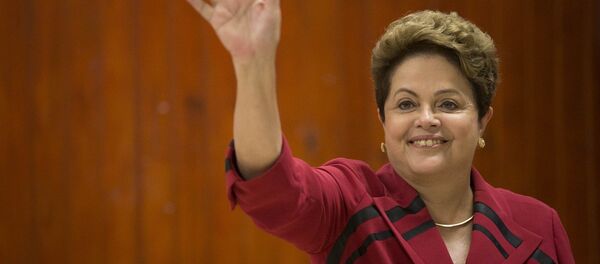On the Nasdaq, shares in the company, in which the Brazilian government has a controlling stake, closed down 8.02 percent at $6.54 on Friday, while on the BM&FBovespa in Sao Paolo, shares dropped 6.93 percent to 9.12 Brazilian reais.
Bendino is moving from his current position as CEO of Banco do Brasil, in which the Brazilian government also has a controlling stake of 51 percent. Joining Bendino, the company announced on Friday, will be Ivan de Souza Monteiro as Chief Financial Officer, also from Banco de Brasil, as well as a cadre of interim Executive Directors promoted from within the company.
On Tuesday the oil giant announced the departure of CEO Maria das Gracas Foster and five members of the company's board of directors in the fallout from a corruption scandal involving bribes, kickbacks and price-fixing allegedly linked to Petrobras executives and members of Brazil's governing Worker's Party. The BBC reported that during the course of an investigation into more than 200 businesses, with at least 80 people facing possible charges, prosecutors have uncovered around $800m in bribes and illegal funds.
Bloomberg reported on Saturday that board member Mauro Cunha, one of three independent members who sits on the ten-strong company board, expressed dissatisfaction with the appointment. “We saw today one more episode of disrespect with the board,” said Cunha, who represents international funds on the company's board. The Brazilian government as controlling shareholder, “ignores the appeals from long-term investors.
Petrobras, which until 1997 held a legal monopoly on oil production in Brazil, accounts for over 90 percent of the country's total oil production, with an average output of 2,539,000 barrels a day. In 2010 the Brazilian government increased its stake in the company to 64 percent after a share offering which gave it the third largest market cap among the world's oil-producing companies after ExxonMobil and PetroChina.




